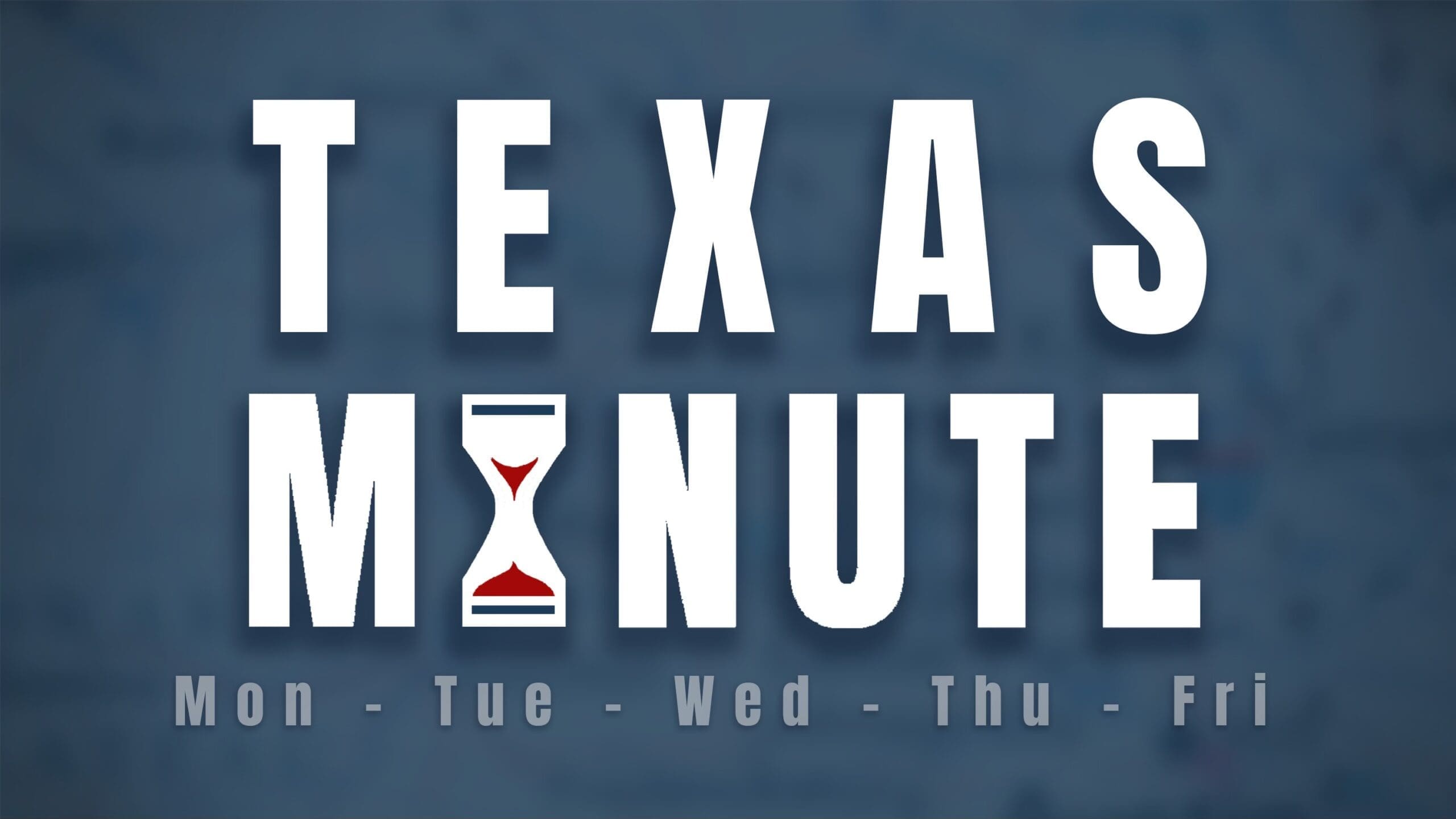Last fall, Texans were faced with billions of local debt propositions on their November 5th ballot. In total, more than $7 billion of additional debt was requested from voters across the state, including Prop 6 which would remove $2 billion from the State’s Emergency Stabilization Fund.
In total, voters approved $5.7 billion in new debt principal, excluding interest.
As we previously covered, the exact figure is difficult to determine, since local governments are not required to report the information to the state agency responsible for its aggregation on behalf of taxpayers.
Tracking government activity is analogous to herding cats, while blindfolded, in a forest. It’s tricky.
Texas already has the second-highest, local debt per capita, in the nation. While portions of some debt propositions can be justified, the size, scope and sheer number are disturbing.
Even worse, the propositions typically pass with single-digit voter turnout. For those who do reach the polls, efforts to increase transparency championed by the State Comptroller like HB14 and SB14 were enthusiastically killed by Republicans.
As Dustin Matocha previously cited:
“Currently, all of the information addressed in HB 14 is available via open records request. But those who’ve submitted ORR’s to government entities before know it can be a long and arduous cat-and-mouse game…HB 14 would require that this information be put online in a searchable format. That’s great for taxpayers who live in a digital age where information is just a quick Google search away. That’s not so great for local cities, counties, school boards, and other districts that seek to put taxpayers on the hook for more debt in order to fund massive spending projects.”
House Republicans like Representatives Bennett Ratliff (R – Coppell) and Drew Darby (R – San Angelo) took turns attacking the premise that taxpayers should have easier access to information already made available to them upon request.
They insisted that taxpayers should attend city council and school board meetings when this information is discussed, so taxpayers don’t get confused by “potentially misleading information”.
As Dustin Matocha observed, “In other words, taxpayers are too dumb to figure out if more debt and more spending is appropriate. They should have that information sanitized by local officials and bureaucrats before making a decision.” In the People’s Republic of Austin, common sense is propaganda and propaganda is common sense.
It’s a truly magical place.
To learn more about local debt in your area, visit Tell The Truth Texas. For a complete copy of the Comptroller’s comprehensive debt reports released in 2012, visit www.texastransparency.org.
Below is a list of potential debt propositions in the DFW area set to appear on your May, 2014 ballot.
*At the time of this article, only the Frisco ISD proposition had been approved by the local board. All other propositions are currently under consideration by local representatives. The proposition amounts are estimates.
Arlington ISD
County: Tarrant
Bond Proposition Amount: $663,000,000 – $863,000,000
Cedar Hill City
County: Dallas/Ellis
Bond Proposition Amount: $6,630,000
De Soto City
County: Dallas
Bond Proposition Amount: $24,500,000
Fort Worth City
County: Denton/Tarrant/Wise
Bond Proposition Amount: $292,000,000
*Frisco ISD
County: Collin/Denton
Bond Proposition Amount: $775,000,000
Garland ISD
County: Dallas
Bond Proposition Amount: $400,000,000 – $500,000,000
Lovejoy ISD
County: Collin
Bond Proposition Amount: $75,750,000
Mansfield City
County: Tarrant
Bond Proposition Amount: $65,000,000
Note: In an effort to educate the public in accordance with our mission, we welcome open communication with local officials and informed citizens regarding local propositions. You may contact me directly by email at ross@empowertexans.com or by telephone at 469.224.7727.




